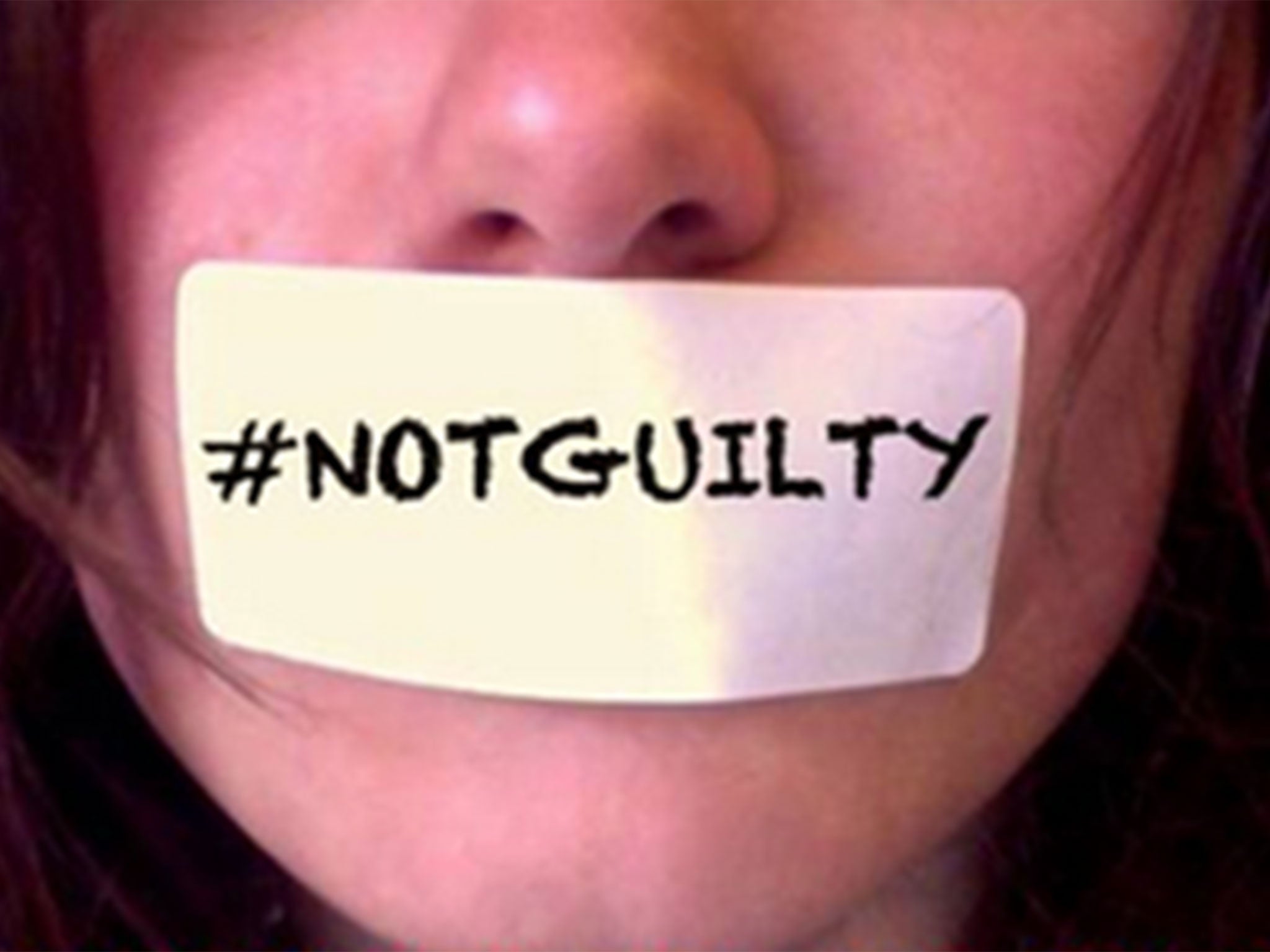Ione Wells: My attacker 'knows the area where I live and I am anxious that he will come back'
As her teenage assailant was jailed, Wells told the court through a police officer that she can no longer look at her own body

Ione Wells, the student who waived her anonymity following a sexual assault by a stranger to challenge the treatment of victims, spoke of the psychological harm inflicted on her by the attack as her teenage assailant was jailed.
The 20-year-old Oxford undergraduate, who declared her defiance of her attacker in a powerful open letter which has garnered a global response, revealed in a court statement that she suffers anxiety attacks, insomnia and flashbacks from the assault last month.
She wrote: “I can’t close my eyes without hearing my attacker’s footsteps behind me.”
Her 17-year-old assailant was sentenced to 12 months’ imprisonment and a further year of supervision under a detention order after he pleaded guilty to a charge of sexual assault.
The college student, who cannot be named under anonymity rules for minors, was also ordered to sign the sex offenders register for five years.
Ms Wells, from Camden, north London, was walking home from a Tube station after a night out when the youth grabbed her from behind close to her home and pushed her to the ground.

A district judge at Highbury Magistrates’ Court heard that Ms Wells was dragged by her hair and had her faced smashed against the pavement before her attacker grabbed at her with such force that it tore her bra in half.
The English student managed to free her attacker’s hand from her mouth to scream, alerting neighbours who left their homes to confront the attacker. The youth was arrested after CCTV cameras recorded him fleeing from the scene and then following another woman from the same Tube station shortly before he was detained.
Ms Wells has been widely praised for her courage in speaking out against the way in which victims of sexual assaults are often made to feel to blame for their own attack and offered limited support. Using the social media hashtag #NotGuilty, her subsequent campaign to encourage others to speak out has seen 300 victims come forward with their stories.
But the student also made clear the heavy personal cost of the terrifying assault, including an enduring fear that the attacker could one day return.
In a statement read to the court by a police officer, Ms Wells said: “He knows the area where my neighbours and I live and I am anxious that he will come back to get me. I feel insecure about myself. I can’t look at my own body without thinking how my attacker hit me so hard that I bled.
“My body feels tainted and violated by a stranger who thought he had the right to violate my body. I panic about how long this will last.”
The student said much of her thought in the aftermath of the attack had been on what might have happened if it had not been stopped, including whether she would have been raped or fatally injured.
She added that her attacker has “robbed me of an important time in my academic career that I worked years to get and I will never get back”.
Lawyers for the 17-year-old said he “deeply regrets” the attack and was “willing to prove” it would be his last. Asked to describe his actions and the impact on his victim, he could only muster “bad” and “not good”.
In her open letter, published in a student newspaper, Ms Wells said she was refusing to submit to the idea that the assault on her should rob her of the right to walk her neighbourhood’s streets alone.
Citing the example of the 7/7 attacks, she wrote: “I’m… sure you’ll remember how the terrorists did not win, because the whole community of London got back on the Tube the next day. You’ve carried out your attack, but now I’m getting back on my Tube.”
Campaigners and victims’ rights groups said the young woman had shown “tremendous strength” with her stance.
Mark Castle, chief executive of Victim Support, said: “A victim of crime should never be made to feel guilty for what’s happened to them.”
Rape Crisis said that as few as 20 per cent of sexual assaults in Britain were being reported to police because of factors including the barriers erected by social attitudes towards victims.
Katie Russell, national spokeswoman for the charity, said: “What Ione has done is very powerful and moving and we wholeheartedly support the objectives of her campaign. We must also acknowledge that waiving anonymity isn’t for every survivor - the very act of surviving an attack is in itself brave.”
